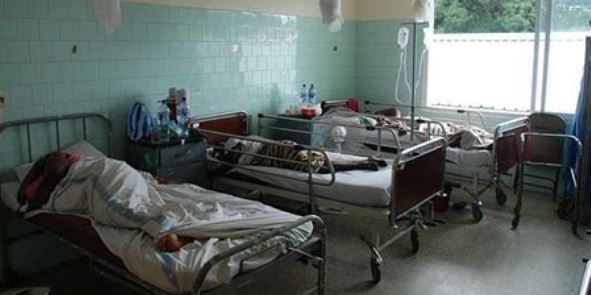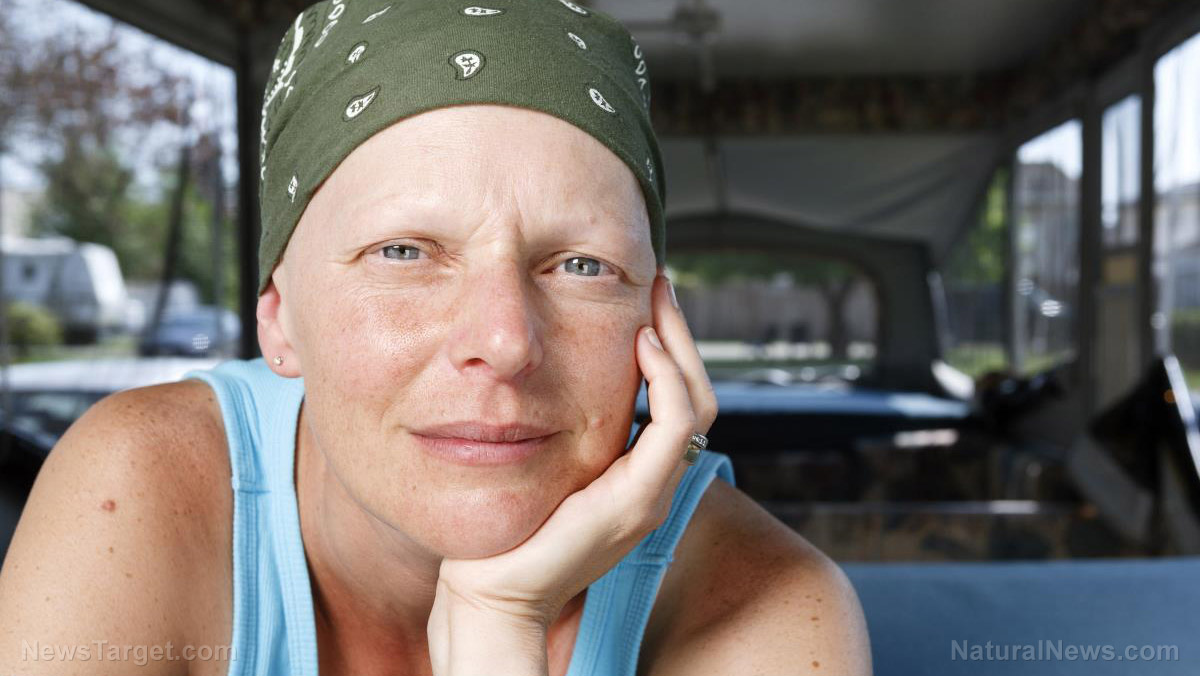She never thought she would fall victim to a scammer.
“Thinking back, I feel so stupid,” said the 20-year-old flight attendant.
Melissa (not her real name) had fallen for a man’s devious scheme to dupe her and several other women into sending him photos of their breasts.
Speaking to The New Paper over the phone, she said: “My family and boyfriend scolded me for trusting someone so easily.
“I still feel so angry at the scammer. I’ll punch his face if I ever find out who he is.”
One afternoon in May, Melissa received a message from a female friend whom she had not spoken to recently. The message over Facebook asked Melissa for help with a breast cancer project the “friend” was working on.
Melissa did not know that her friend’s Facebook Messenger App had been hacked by a man.
“She said she needed photos of the front and side view of my breasts for an online project.
“She also said she had already asked other people, but needed a few more to complete the project.”
Her first thought was to help the “friend”. So she thought nothing of the strange request and obliged.
The “friend” had also said the pictures of the breasts would be used to diagnose breast cancer.
“How could I believe that? I know you can’t tell if someone has breast cancer from a photo alone,” said Melissa.
The “friend” also promised Melissa a Samsung Galaxy S7 Edge and $600 as a reward.
But after Melissa sent the photos, the “friend” persisted in asking for a picture that included Melissa’s face.
“That’s when I started getting suspicious. What kind of breast check-up would need my face in the photo?”
Melissa texted her friend to ask if she had messaged her on Facebook.
To her horror, the friend said she had not.
“I was really, really shocked. I thought to myself, ‘What have I done?’ I should have thought twice about doing something like that,” said Melissa.
Melissa, together with her friend and another victim who had been tricked by the same hacked account, made a police report on May 2.
The police managed to establish the identity of the suspect, who was arrested on Monday night.
The 27-year-old suspect was arrested along Orchard Road, said the police in a statement on Tuesday.
SIMILAR SCAMS
Since May 2, several victims have made reports about similar scams.
Victims reported that their friends appeared to contact them on Facebook Messenger and asked them to send photos of their bare chests.
Some of the victims were promised cash and gifts when the photos were sent.
They realised later that their friends had not made the requests.
The police said the suspect is being investigated for a number of possible offences, including cheating by impersonating others and unauthorised access to computer material.
If found guilty of cheating, he could be jailed for up to five years and fined.
For the hacking offence, he could be fined up to $5,000 and jailed up to two years.
The police warned the public to seek verification if they receive dubious messages or requests.
How to avoid being scammed
Worried about falling victim to impersonation scams?
Here’s what the police say you should do:
- Ignore unsolicited calls, especially those from unknown parties. Scammers may use caller ID spoofing technology to mask the actual overseas phone number, and show a local number. If you receive a suspicious call from a local number, hang up, wait five minutes, then call the number back to check the validity of the request.
- Ignore instructions to remit or transfer money. No government agency will ask you to make payments through a telephone call, especially to a third party’s bank account.
- Do not provide your personal information such as name, identification card number, passport details, bank account number or credit card details to the callers. Such valuable information may be used for criminal activities.
- Call a trusted friend or talk to a relative before you act. You may be overwhelmed by emotion and err in your judgment.
If you have information related to such crimes or if you are in doubt, call 1800-255-0000, or dial 999 for urgent police assistance.
OTHER ONLINE SCAMS ON THE RISE
Cheating cases involving e-commerce
2,173
2015
1,665
2014
Total sum cheated in 2015: $1.76 million
Credit-for-sex cases
1,203
2015
66
2014
Total sum cheated in 2015: $2.9 million
Internet love scams
383
2015
198
2014
Total sum cheated in 2015: $12 million
SOURCE: SINGAPORE POLICE FORCE
Beware of parcel scams by ‘overseas officials’
In some scams, people impersonate overseas officials to get victims to hand over money.
Since March, the police have received more than 50 reports from victims who have been tricked into sending more than $4 million to such scammers.
In an advisory yesterday, the Singapore Police Force (SPF) said that victims would receive calls from the scammers informing them that parcels containing illegal items had been shipped in their names.
The victims were told that the parcels were delivered to their local addresses and they were asked to remit monies to bank accounts in China or to make fund transfers through Internet banking to accounts in Malaysia.
Recent cases also had victims visiting a webpage where they were told to enter their personal details and bank information.
There has also been a shift in the modus operandi of scammers who pose as police officers or staff from local courier companies such as SingPost.
This variation involves victims receiving calls with fake local numbers, instead of overseas numbers, to make the ruse more believable.
Read more at: tnp.sg




















